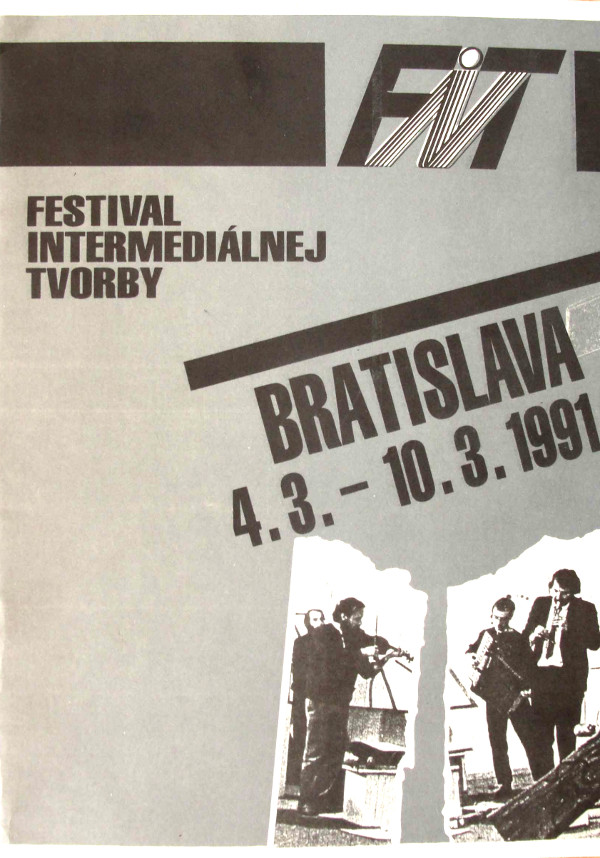David Byrne: How Music Works (2012)
Filed under book | Tags: · music, popular music, sound recording

“How Music Works is David Byrne’s buoyant celebration of a subject he has spent a lifetime thinking about.
Equal parts historian and anthropologist, raconteur and social scientist, Byrne draws on his own work over the years with Talking Heads, Brian Eno, and his myriad collaborators – along with journeys to Wagnerian opera houses, African villages, and anywhere music exists – to show that music-making is not just the act of a solitary composer in a studio, but rather a logical, populist, and beautiful result of cultural circumstance.
A brainy, irresistible adventure, How Music Works is an impassioned argument about music’s liberating, life-affirming power.”
Publisher Canongate Books, 2012
ISBN 0857862510, 9780857862518
348 pages
review (Mark Ellen, The Guardian)
review (Cory Doctorow, BoingBoing)
review (Geeta Dayal, Wired)
review (John Rockwell, The New York Times)
interview with the author (Vice)
FIT: Festival intermediálnej tvorby, catalogue (1991) [Slovak]
Filed under catalogue | Tags: · art, computer animation, film, intermedia, intermedia art, music, performance, performance art, poetry, slovakia, theatre

A catalogue for an intermedia art festival organised by The Society for Non-conventional Music (SNEH) in Bratislava on 4-10 March 1991.
Featured artists: Milan Adamčiak, László Cselényi, Balvan Theatre, Daniel Aschwanden, Dada Soiré, Dama Dama, Stano Filko, Dušan Hanák, Viktor Hulík, Milan Knížák, Werner Kodytek, Ladislav Novák, Štěpán Pala, Nová vážnosť, Michal Kern, Dezider Tóth, Juraj Bartusz, Jozef Juhász, Čenkovej deti, Jozef Juhász, Blaho Uhlár Theatre, Transmusic comp. Tibor Szemző, Vitebsk Broken, Alan Vitouš, A Dato
Editor Milan Adamčiak
via muzika-komunika.blogspot.com
PDF (no OCR)
Comment (0)Charles Tilly: Regimes and Repertoires (2006)
Filed under book | Tags: · activism, democracy, politics, revolution, social movements, violence

The means by which people protest—that is, their repertoires of contention—vary radically from one political regime to the next. Highly capable undemocratic regimes such as China’s show no visible signs of popular social movements, yet produce many citizen protests against arbitrary, predatory government. Less effective and undemocratic governments like the Sudan’s, meanwhile, often experience regional insurgencies and even civil wars. In Regimes and Repertoires, Charles Tilly offers a fascinating and wide-ranging case-by-case study of various types of government and the equally various styles of protests they foster.
Using examples drawn from many areas—G8 summit and anti-globalization protests, Hindu activism in 1980s India, nineteenth-century English Chartists organizing on behalf of workers’ rights, the revolutions of 1848, and civil wars in Angola, Chechnya, and Kosovo—Tilly masterfully shows that such episodes of contentious politics unfold like loosely scripted theater. Along the way, Tilly also brings forth powerful tools to sort out the reasons why certain political regimes vary and change, how the people living under them make claims on their government, and what connections can be drawn between regime change and the character of contentious politics.
Publisher University of Chicago Press, 2006
ISBN 0226803503, 9780226803500
266 pages
review (Tim Lacy, H-Net)
review (Adham Saouli, Political Studies Review)

